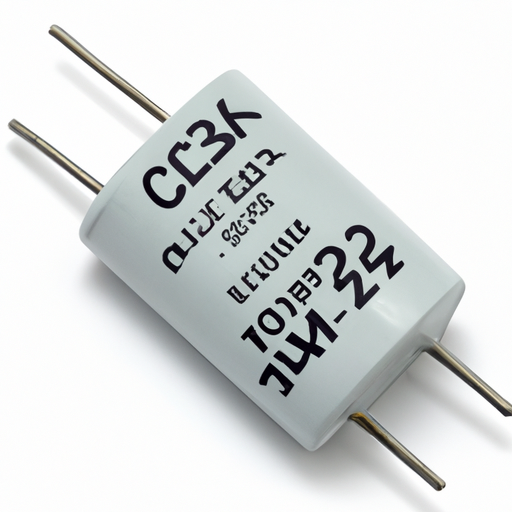Overview of Tantalum-Polymer Capacitors: CFR-25JB-52-1M2
Tantalum-polymer capacitors, such as the CFR-25JB-52-1M2, are advanced electronic components that leverage the strengths of both tantalum and polymer technologies. This combination results in capacitors that are not only compact and efficient but also reliable and versatile for a wide range of applications. Below is a detailed exploration of their core functional technology, key features, and notable application development cases.
Core Functional Technology
| 1. Construction | |
| 2. High Capacitance Density | |
| 3. Low ESR (Equivalent Series Resistance) | |
| 4. Temperature Stability | |
| 5. Voltage Ratings | |
| 6. Reliability | |
| 1. Consumer Electronics | |
| 2. Automotive Electronics | |
| 3. Industrial Equipment | |
| 4. Telecommunications | |
| 5. Medical Devices | |
| 6. Power Supply Circuits |
Key Features
| Low Leakage Current: Essential for applications that require minimal power loss, enhancing energy efficiency.Low Leakage Current: Essential for applications that require minimal power loss, enhancing energy efficiency. |
| Wide Operating Temperature Range: Typically from -55°C to +125°C, making them suitable for harsh environments.Wide Operating Temperature Range: Typically from -55°C to +125°C, making them suitable for harsh environments. |
| Long Lifespan: High endurance and reliability contribute to a longer operational life, reducing maintenance and replacement costs.Long Lifespan: High endurance and reliability contribute to a longer operational life, reducing maintenance and replacement costs. |
| RoHS Compliant: Many tantalum-polymer capacitors meet environmental regulations, aligning with modern design requirements for sustainability.RoHS Compliant: Many tantalum-polymer capacitors meet environmental regulations, aligning with modern design requirements for sustainability. |
Application Development Cases
Conclusion
Tantalum-polymer capacitors like the CFR-25JB-52-1M2 represent a significant advancement in capacitor technology, combining high performance, reliability, and versatility across various applications. Their unique features make them particularly suitable for modern electronic designs, especially in sectors where space, efficiency, and durability are critical. As technology continues to evolve, the demand for such capacitors is expected to grow, driving further innovation and application development in the field of electronics.






